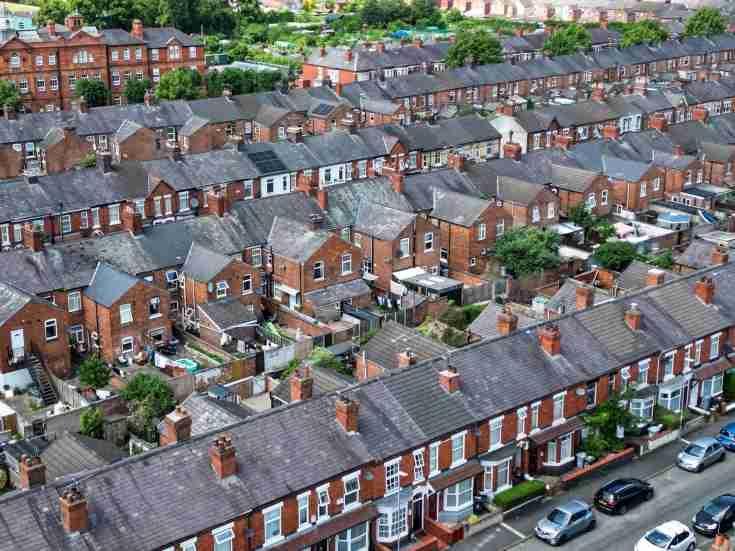UK recession fears mount
LONDON

Fears that the British economy is heading for recession mounted sharply after the Bank of England raised borrowing costs by more than anticipated.
The Bank of England on June 22 decided to lift its main interest rate by half a percentage point to a fresh 15-year high of 5 percent.
The size of the bank's 13th hike in a row was a surprise, with most economists predicting a smaller quarter-point increase.
Financial markets are pricing in a potential rate peak of 6 percent, a level not hit since early 2000, after Bank Govornor Andrew Bailey warned of further increases if inflation fails to show clear signs of slowing.
Figures on June 21 showed U.K. inflation unexpectedly holding steady at 8.7 percent.
With wages rising fast, it's increasingly clear that high inflation has become embedded in the economy.
Higher interest rates help lower inflation by making it more expensive for individuals and businesses to borrow, meaning they potentially spend less, reducing demand and pressure on prices.
The U.K. rate hike will pile further pressure on borrowers, particularly the 1.4 million or so households that will have to refinance their mortgages over the rest of the year.
“The rise in interest rates to 5 percent will push millions of households with mortgages towards the brink of insolvency," warned Max Mosley, an economist at the National Institute for Economic and Social Research.
The increases will clearly come at a cost, and there are concerns over the outlook for the British economy, which has so far avoided falling into recession even as Europe’s economy contracted slightly in the six months ending in March.
“It is increasingly difficult to see how the U.K. avoids a recession as part of the process of bringing inflation down," said Luke Bartholomew, senior economist at asset management firm abrdn. "And today’s large rate increase will probably be seen in retrospect as an important milestone towards that recession.”
















